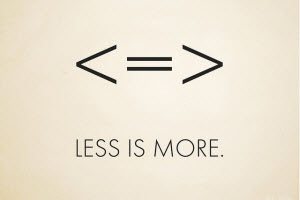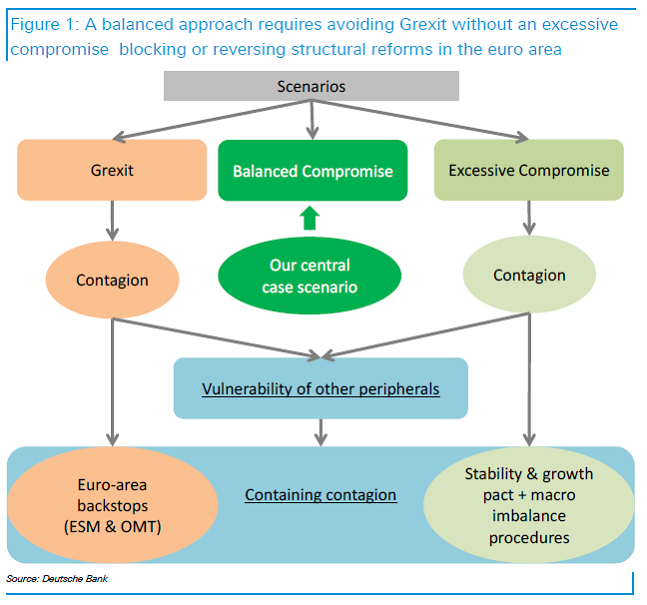Some love risk. Others avoid it till the grave. Whether you take it head on or run in the other direction it will always catch you. Risk cannot be avoided so you better know how to put the odds in your favor. Consider the following:
You want to see life as a continuum running on a loop back and forth from risk to reward. If you want a big reward, take a big risk. If you want an average reward and an average life, take an average risk. Easier said than done, however, if you want the big reward. Our system is notorious for playing Whac-A-Mole with achievers.
From an early age, people are conditioned by families, schools, and virtually every other shaping force in society to avoid risk. To take risks is inadvisable; to play it safe is the message. Risk can only be bad. However, winners understand risk is highly productive, and not something to avoid. Taking calculated risks is different from acting rashly. Playing it safe is the true danger. Far more often than you might realize, the real risk in life turns out to be the refusal to take a risk.2 If life is a game of risk, then to one degree or another, being comfortable with assessing odds is the only option for a fulfilling life.
Consider trading from a “startup” business perspective. Every business is ultimately involved in assessing risk. Putting capital to work to make it grow is the goal. In that sense, all business is the same. The right decisions lead to success, and wrong ones lead to insolvency. Blunt, but true. There are ways to go in the right direction, however. Ask yourself these questions:
- What is the market opportunity in the market niche?
- What is your solution to the market need?
- How big is the opportunity?
- How do you make money?
- How do you reach the market and sell?
- What is the competition?
- How are you better?
- How will you execute and manage your business?
- What are your risks?
- Why will you succeed? (more…)



